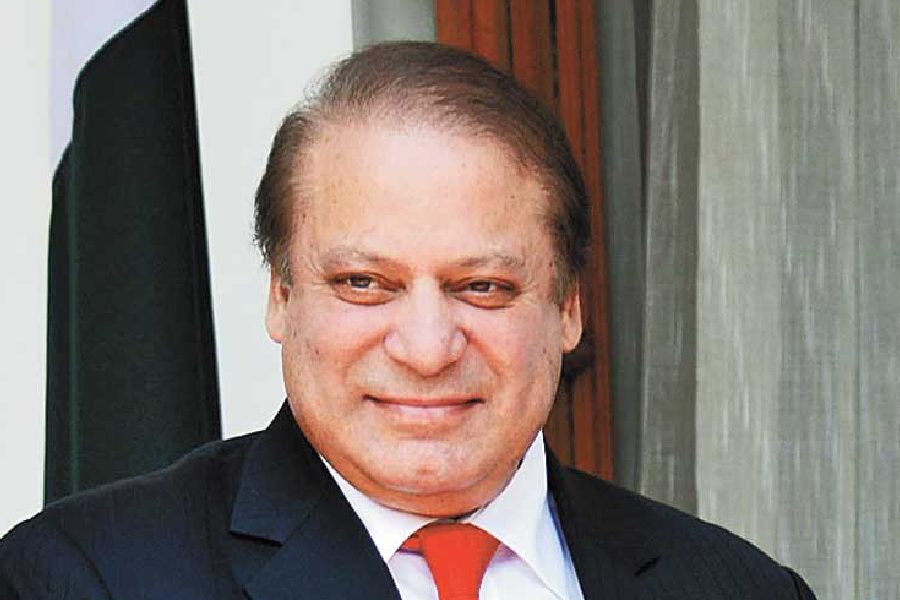Pakistan’s 128 million voters will elect their next national and provincial governments today in a process that is symptomatic of the country’s tortured democratic journey since its birth in 1947 and holds valuable lessons for the rest of South Asia. Neither the former prime minister and cricketing legend, Imran Khan, nor his Pakistan Tehreek-e-Insaf party is likely to triumph. Mr Khan and many other leaders of the PTI are in jail. Still others are in hiding. The party has been barred from even using its symbol, the cricket bat, in the elections and its candidates must compete as independents. All of this is the direct outcome of Mr Khan’s decision to cross swords with Pakistan’s powerful military, which has ruled directly for more than three decades and has controlled power from behind the scenes for most of the rest of the time. The military, which many believe backed Mr Khan when he came to power in 2018, now appears to have switched its support to the three-time former prime minister, Nawaz Sharif, who returned from exile late last year and has since seen courts drop a series of corruption cases that he had previously fled from.
It is widely expected that Mr Sharif and his Pakistan Muslim League-Nawaz are in pole position to form the next government, with the Pakistan Peoples Party, led by the former foreign minister, Bilawal Bhutto-Zardari, whose mother, Benazir Bhutto, and grandfather, Zulfikar Ali Bhutto, were prime ministers, being the principal challenger. Mr Sharif, in his manifesto, has promised to work towards better ties with India, though those, the document says, will be contingent upon New Delhi rolling back the revocation of Jammu and Kashmir’s previous semi-autonomous stature. New Delhi will treat any outreach with caution: ultimately, it is the military, not the next prime minister, that will decide Pakistan’s policy towards India. Islamabad’s outreach to New Delhi, a new ‘civilian’ government notwithstanding, would thus continue to bear Rawalpindi’s imprimatur. In fact, Mr Khan’s troubles — he was sentenced in three separate cases days before the vote — along with those of his predecessors expose the continuing peril of having the army lasso — eclipse — Pakistan’s democratic edifice. Contrastingly, India, in spite of its many failings, has not allowed its democracy to be held hostage by any institution. Pakistan must strive to emulate its neighbour in this respect.










